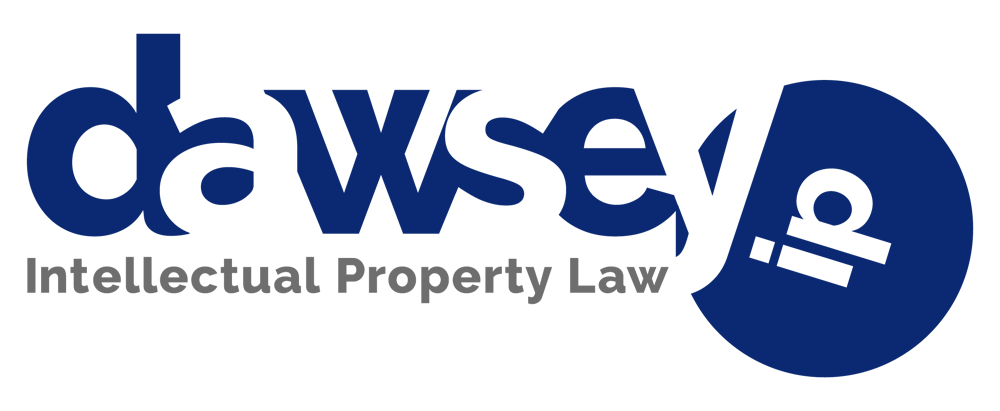Re: Python style: exceptions vs. sys.exit()
On Fri, 03 Oct 2008 17:09:07 +1200, greg wrote:
That is absolutely not the case with patents. It is *supposed* to be the
case with copyrights, but in practice the courts are interpreting
"derivative work" more and more broadly these days.
As for Microsoft Shared Source licences, there are two which are approved
by the FSF, but the others are a whole different story.
You will note that both the GNU project and the Mono project warn against
reading proprietary source code before contributing. Mono even goes so
far as to say that if you have read the source code to .NET, they cannot
accept your contributions:
If you have looked at Microsoft's implementation of .NET or
their shared source code, you will not be able to contribute
to Mono.
In general, be careful when you are implementing free software
and you have access to proprietary code. We need to make sure
that we are not using someone else's copyrighted code
accidentally.
--
Steven
On Fri, 03 Oct 2008 17:09:07 +1200, greg wrote:
Lawrence D'Oliveiro wrote:
>
I don't think that's how copyrights work either. As far as I know,
whether something is deemed a derivative work is judged on the basis of
how similar it is to another work, not whether its author had knowledge
of the other work. As long as you express an idea in an original way, it
shouldn't matter where you got the idea from.
>In message <00f15d41$0$206 17$c3e8da3@news .astraweb.com>, Steven
>D'Aprano wrote:
>>
>>
>That's not how patents work.
>D'Aprano wrote:
>>
(2) Even when the source is available, it is sometimes a legal trap
to read it with respect to patents and copyright.
to read it with respect to patents and copyright.
>That's not how patents work.
I don't think that's how copyrights work either. As far as I know,
whether something is deemed a derivative work is judged on the basis of
how similar it is to another work, not whether its author had knowledge
of the other work. As long as you express an idea in an original way, it
shouldn't matter where you got the idea from.
case with copyrights, but in practice the courts are interpreting
"derivative work" more and more broadly these days.
As for Microsoft Shared Source licences, there are two which are approved
by the FSF, but the others are a whole different story.
You will note that both the GNU project and the Mono project warn against
reading proprietary source code before contributing. Mono even goes so
far as to say that if you have read the source code to .NET, they cannot
accept your contributions:
If you have looked at Microsoft's implementation of .NET or
their shared source code, you will not be able to contribute
to Mono.
In general, be careful when you are implementing free software
and you have access to proprietary code. We need to make sure
that we are not using someone else's copyrighted code
accidentally.
--
Steven






Comment